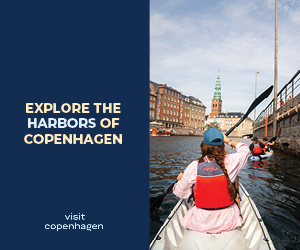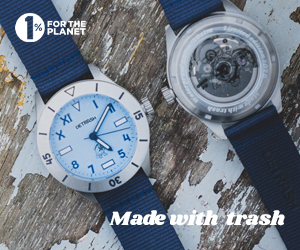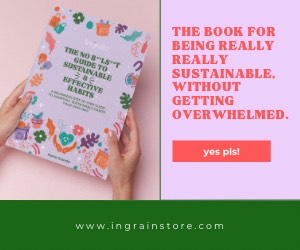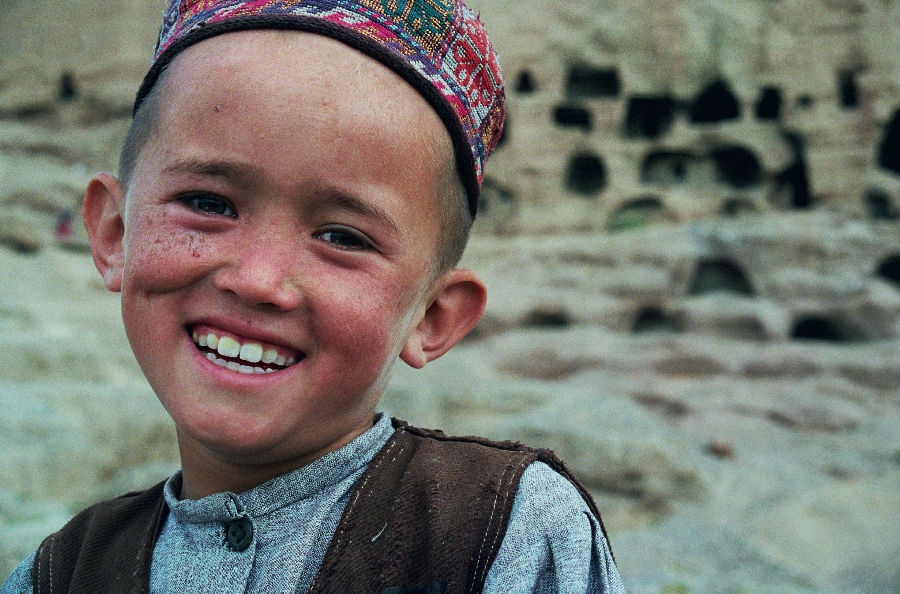He is best known as the founder of Traidcraft and the pioneer and champion of fair trade. He also launched the original New Consumer magazine; founded Out of this World, Britain’s first chain of grocery stores selling ‘ethically sourced’ goods; started the consultancy Contraflow (which finds innovative solutions in social business, innovative ethical retailing and sustainable consumerism); and helped to set up the fair-trade finance company Shared Interest. His OBE in 2001 seems modest recognition for all this. Perhaps he was too self-effacing to accept a knighthood.
I meet him not in the capital of ethical commerce, Newcastle upon Tyne, but in Brussels, where he is attending a session of the EU’s Economic and Social Committee, on which he sits. I feel out of place in the European Parliament building in jeans and trainers. He feels uncomfortable in a grey suit and tie. He is a very genial man – it occurs to me that in years to come he would make a fine Father Christmas – and much given to laughing.
Certainly things have come a long way since the days of vile-tasting Nicaraguan Solidarity Campaign coffee – not to mention the planeload of Bangladeshi handicrafts that a very young Adams imported 32 years ago for his first venture, Tearcraft, which inadvertently introduced termites into hundreds of middle-class homes across Britain. A recent report from the Co-op revealed that last year ethical food products – from organic chocolate to free-range eggs – accounted for £5.4 billion of spending in Britain, 18 per cent up on the year before and 37 per cent up on the year before that.1 ‘I suspect’, says Adams, ‘you can’t be a good marketing manager in any major food retailer without being very aware of what is happening on the fair-trade front.’
He recalls the pleasant shock he received at Marks & Spencer, where he goes to buy meals for his mum. ‘Their entire range of tea and coffee is now fair-trade-marked. I was absolutely amazed.’ In the early nineties, he says, supermarkets were reluctant to stock fair-trade products at all in case their customers started asking if the rest of their stock was unfairly traded. Likewise, importers were reluctant to pay more for such commodities because they were afraid of the precedent it would set – surely every Third World supplier would suddenly be wanting to hike their prices. Somehow, however, such objections have melted away, and this gives Adams reason to hope that the idea of fair trade will continue to catch on.
He is not, however, a relentless optimist. In fact, he isn’t under any illusion that the future is bright. When I ask him whether he can see fair trade becoming the norm rather than something of a counterculture, there is a long pause. ‘It’s not inconceivable’, is as far as he will go. As the world’s resources get squeezed ever tighter between the jaws of global consumerism, population growth and climate change, the next few generations will come under immense pressure. ‘I’ve got one grandchild and two more on the way and they are going to have a very, very different sort of life from the one I’ve had,’ he reflects. Maybe they won’t be able to afford the luxury of a good conscience. ‘Maybe’, he says, ‘this is the golden period of ethical shopping right now. It’s hard to tell at the moment.’….










